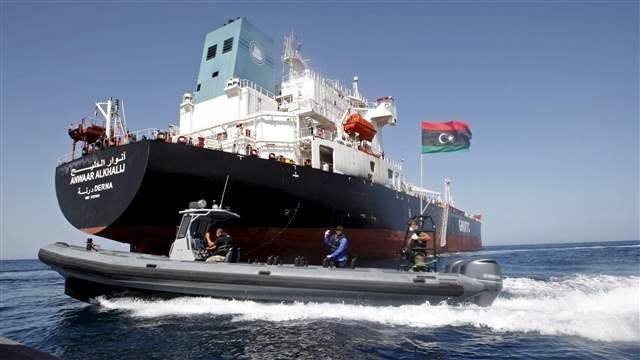Content from the Brookings Doha Center is now archived. In September 2021, after 14 years of impactful partnership, Brookings and the Brookings Doha Center announced that they were ending their affiliation. The Brookings Doha Center is now the Middle East Council on Global Affairs, a separate public policy institution based in Qatar.
In 2011, Libya’s revolution knocked most of its oil production offline for months, resulting in a loss of nearly 2 percent of global production and a corresponding increase in oil prices. The security of energy exports and energy transit from the Middle East and North Africa (MENA) region, given its paramount importance to the global economy, has long been a concern. The current, very unsettled political situation in the region has made that concern even more salient.
Read “Risky Routes: Energy Transit in the Middle East“
In a new Brookings Doha Center Analysis Paper, Robin Mills identifies the key points of vulnerability in MENA energy supply and transit, including the pivotal Strait of Hormuz and a number of important pipelines. Mills also assesses the impact of possible disruptions on both the global economy and MENA states themselves.
Mills argues that to mitigate such disruptions, infrastructural, institutional, and market approaches must be used together. Mills highlights the need for improved assessments of the viability of various infrastructure projects and calls for the development of regional institutional arrangements that can better manage transit crises as they arise.
The Brookings Institution is committed to quality, independence, and impact.
We are supported by a diverse array of funders. In line with our values and policies, each Brookings publication represents the sole views of its author(s).




